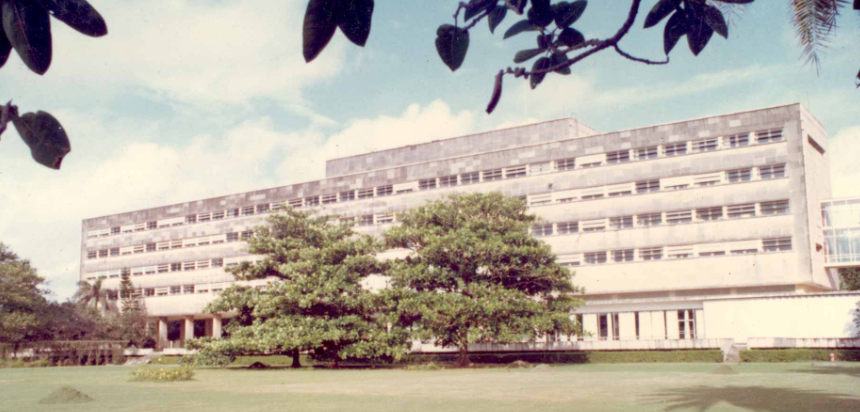Tata Institute of Fundamental Research
The Tata Institute of Fundamental Research (TIFR) is a premier research institution in India, dedicated to conducting advanced research in various fields of basic sciences. It was founded in 1945 by Dr. Homi Jehangir Bhabha, a renowned Indian physicist, with the support of the Tata Group.
History
The idea of establishing TIFR was conceived by Dr. Homi Bhabha during World War II. He envisioned an institution that would foster the growth of fundamental research in India. With the support of Sir Dorabji Tata Trust, TIFR was inaugurated on 1 June 1945 in Bombay (now Mumbai). Initially, the institute focused on research in the fields of cosmic rays, high energy physics, and mathematics.
Research Areas
TIFR conducts research in a wide range of basic sciences, including:
- Physics: Theoretical and experimental research in areas such as high energy physics, condensed matter physics, astrophysics, and cosmology.
- Mathematics: Research in pure and applied mathematics, including algebra, geometry, number theory, and mathematical physics.
- Chemistry: Research in chemical sciences, including organic chemistry, inorganic chemistry, physical chemistry, and biophysical chemistry.
- Biology: Research in life sciences, including molecular biology, genetics, neuroscience, and computational biology.
- Computer Science: Research in theoretical computer science, machine learning, and data science.
Campuses and Facilities
TIFR has its main campus in Mumbai, Maharashtra, and several other centers across India:
- TIFR Centre for Interdisciplinary Sciences (TCIS), Hyderabad
- TIFR Centre for Applicable Mathematics (TCAM), Bengaluru
- Homi Bhabha Centre for Science Education (HBCSE), Mumbai
- National Centre for Biological Sciences (NCBS), Bengaluru
- National Centre for Radio Astrophysics (NCRA), Pune
The institute is equipped with state-of-the-art research facilities, including laboratories, libraries, and computing resources.
Notable Achievements
TIFR has made significant contributions to scientific research in India and globally. Some of its notable achievements include:
- The discovery of the Sarabhai-Khorana enzyme, which plays a crucial role in protein synthesis, by Dr. Obaid Siddiqi and his team in 1960.
- The development of the Cosmic Ray Laboratory in Ooty, which has made significant contributions to the study of high energy cosmic rays.
- The establishment of the National Centre for Radio Astrophysics (NCRA) in Pune, which operates the Giant Metrewave Radio Telescope (GMRT), one of the world’s largest radio telescopes.
- The discovery of the first supermassive black hole in the Milky Way galaxy by Prof. Predhiman Kaw and his team in 2001.
Education and Training
Apart from research, TIFR also plays a crucial role in education and training. The institute offers doctoral and post-doctoral programs in various fields of basic sciences. It has collaborations with several universities and institutes in India and abroad, facilitating the exchange of students and researchers.
TIFR also conducts various outreach programs to promote scientific temper among the general public and to inspire young minds to pursue careers in basic sciences.


